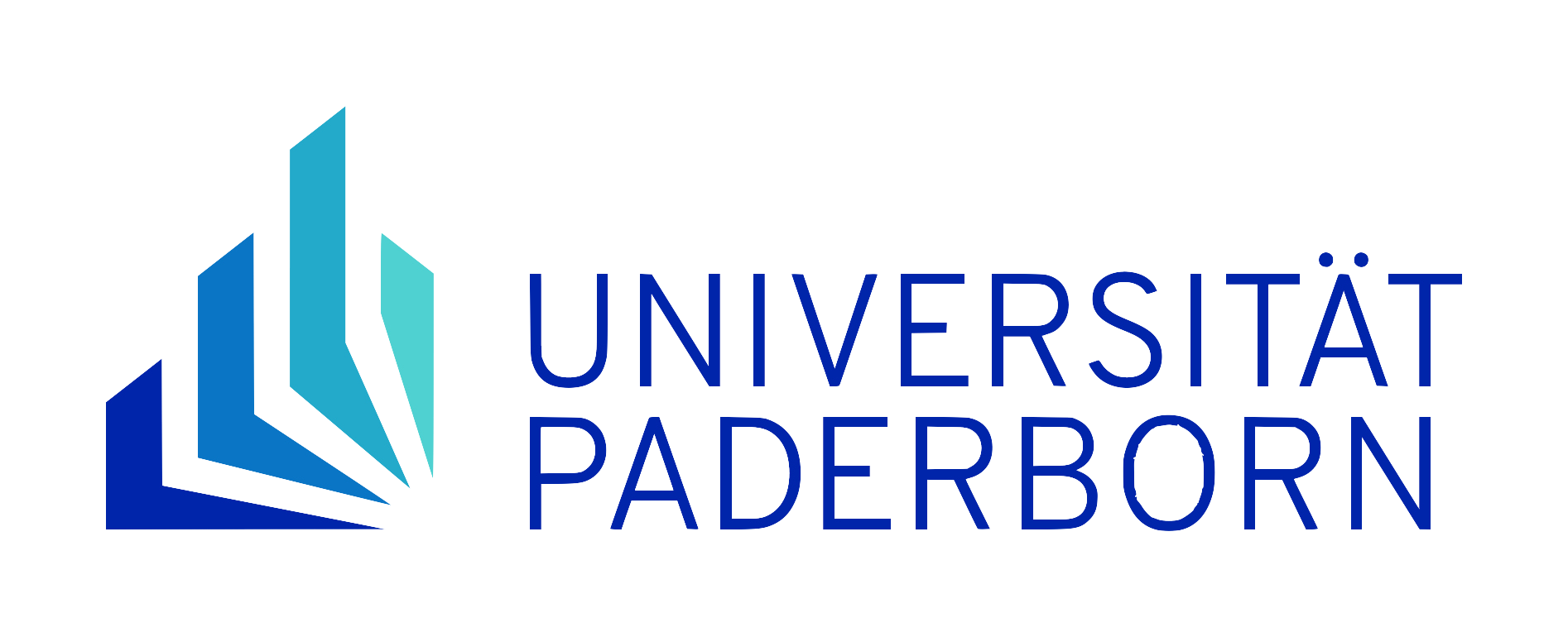att.global.source (hendiVar)
Zurück
Inhaltsverzeichnis
Text
- 1 Einleitung
-
2 Zu den Dokumenttypen
- 2. 1 Dokumenttyp I (Volltexterfasste Datensätze)
- 2. 2 Dokumenttyp II (Katalogdatensätze)
- 2. 3 ID-Systematik
- 2. 4 Revisionen
- 2. 5 Status/Zustand der Datensätze
- 2. 6 Zum Umgang mit Dubletten
-
3 Zur Codierung der Volltexte
- 3. 1 Grundsätze der Textübertragung und -auszeichnung
- 3. 2 Typoskripte
- 3. 3 Textstruktur
- 3. 4 Zum Umgang mit Hervorhebungen im Text
- 3. 5 Zeichenebene
- 3. 6 Textkonstitution
- 3. 7 Eingriffe der Herausgebenden
- 3. 8 Quellenangaben/Textzeugen
- 3. 9 Schreiber*innen (Hände)
- 3. 10 Beziehungen zwischen Texten/Dokumenten
- 3. 11 Inhaltliche Auszeichnung
att.global.source
Andere Schemata
Mitglieder
- att.global [cit mentioned desc gloss name address street postCode item monogr series respStmt resp textLang teiHeader funder edition extent distributor authority idno licence seriesStmt notesStmt encodingDesc projectDesc editorialDecl quotation byline signed back notatedMusic figDesc code eg egXML ab g]
- quote
Attribute
source
opt
Datentyp
teidata.pointer
Beispiel
<p> As Willard McCarty (<bibl xml:id="mcc_2012">2012, p.2</bibl>) tells us, <quote source="#mcc_2012">‘Collaboration’ is a problematic and should be a contested
term.</quote>
</p>
Beispiel
<p>
<quote source="#chicago_15_ed">Grammatical theories are in flux, and the more we learn, the
less we seem to know.</quote>
</p> <bibl xml:id="chicago_15_ed"><title level="m">The Chicago Manual of Style</title>,
<edition>15th edition</edition>. <pubPlace>Chicago</pubPlace>: <publisher>University of
Chicago Press</publisher> (<date>2003</date>), <biblScope unit="page">p.147</biblScope>.
</bibl>
Beispiel
<elementRef key="p" source="tei:2.0.1"/> <gi>p</gi>
Beispiel
<schemaSpec ident="myODD" source="mycompiledODD.xml">
</schemaSpec> <ident>mycompiledODD.xml</ident>




